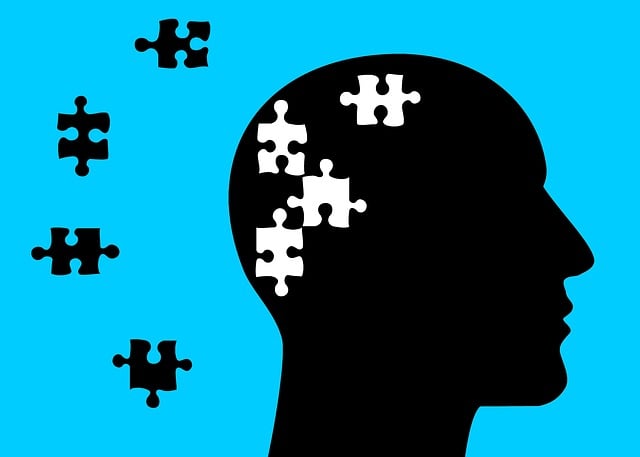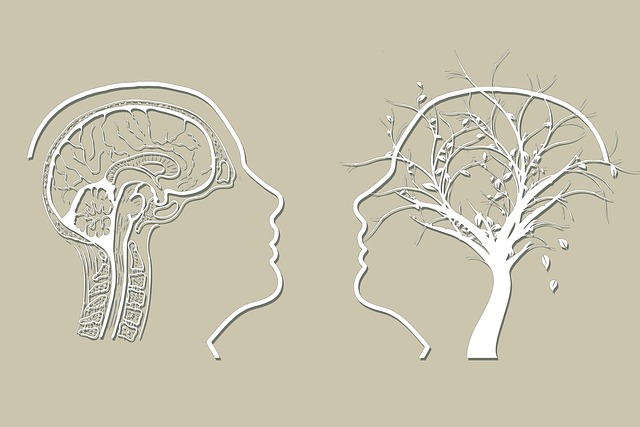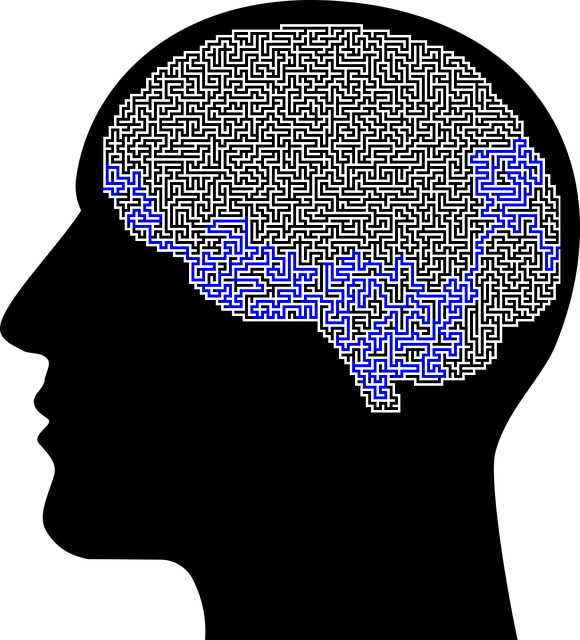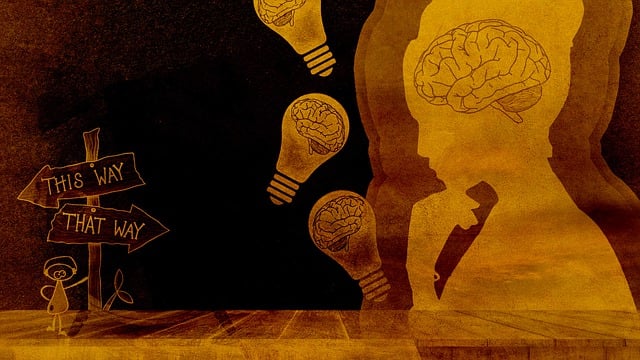Castle Rock Child Abuse Therapy specializes in empowering individuals and children to cope with trauma and intense emotions through tailored, holistic approaches. They focus on developing emotional resilience, stress management skills, and healthier coping mechanisms, preventing burnout and enhancing overall well-being. For kids, they offer specialized workshops integrating age-appropriate techniques like deep breathing, mindfulness, and creative expression, backed by research demonstrating their effectiveness. Their comprehensive services address trauma, educate communities, and promote early intervention, ultimately fostering empowerment and harmonious societal interactions.
In today’s challenging world, developing effective coping skills is crucial for overall well-being. This article explores the significance of coping skills in therapy and offers insights into various strategies. We delve into understanding the role of Castle Rock Child Abuse Therapy in equipping individuals, especially children, with resilient coping mechanisms. By identifying individual needs through assessing coping mechanisms, therapists can teach effective skills to enhance mental health and navigate life’s hurdles successfully.
- Understanding Coping Skills and Their Significance in Therapy
- Identifying Individual Needs: Assessing Coping Mechanisms
- Strategies for Teaching Effective Coping Skills to Children
- The Role of Castle Rock Child Abuse Therapy in Building Resilience
Understanding Coping Skills and Their Significance in Therapy

Coping skills are essential tools that individuals can use to navigate through life’s challenges and difficult experiences, especially when recovering from trauma or dealing with complex emotions. In Castle Rock Child Abuse Therapy, understanding and cultivating these skills is a pivotal aspect of therapeutic support. The significance lies in their ability to empower individuals, enabling them to face triggers and setbacks head-on. By learning effective coping strategies, clients can manage stress reduction methods, find healthy outlets for their emotions, and develop inner strength to overcome adversity.
Therapy plays a crucial role in teaching these skills by providing a safe space for exploration. Therapists help clients identify unhelpful coping mechanisms and guide them towards more adaptive ones. This process allows individuals to build resilience, enhance their emotional intelligence, and ultimately improve their overall well-being. Effective stress management techniques, coupled with inner strength development, can transform lives, helping people lead happier and more fulfilling lives.
Identifying Individual Needs: Assessing Coping Mechanisms

Identifying Individual Needs is a crucial step in Castle Rock Child Abuse Therapy. Understanding each client’s unique circumstances and coping abilities is essential for tailoring effective therapeutic approaches. Therapists assess current coping mechanisms, recognizing both adaptive and maladaptive strategies. This involves exploring how individuals respond to stress, manage emotions, and cope with challenging situations. By understanding these patterns, therapists can guide clients towards developing healthier, more resilient coping skills.
Emotional Intelligence plays a significant role in this process. It involves recognizing and managing one’s own emotions as well as understanding and empathizing with others’ feelings. Burnout Prevention is another key consideration; teaching individuals stress reduction methods helps to avoid emotional exhaustion. Through personalized therapy sessions, clients learn to navigate life’s challenges more effectively, fostering a sense of empowerment and improved mental well-being.
Strategies for Teaching Effective Coping Skills to Children

Teaching effective coping skills to children is a crucial aspect of their overall development and well-being. At Castle Rock Child Abuse Therapy, we understand that equipping young minds with healthy coping mechanisms can help them navigate life’s challenges with resilience. One effective strategy is incorporating age-appropriate stress management workshops designed to educate children about different coping techniques, such as deep breathing exercises, mindfulness activities, and creative outlets like art or music. These interactive sessions not only teach valuable skills but also foster a sense of self-awareness and emotional intelligence.
Additionally, role-playing scenarios can be powerful tools to enhance their ability to handle stressful situations. By simulating real-life challenges and providing positive reinforcement for appropriate coping responses, children learn to manage their emotions effectively. The Stress Management Workshops Organization’s research highlights the importance of regular practice in reinforcing these skills. As professionals, it’s also vital to conduct thorough risk assessments (as per guidelines for mental health professionals) to tailor interventions that cater to each child’s unique needs, ensuring they build confidence and develop robust coping strategies.
The Role of Castle Rock Child Abuse Therapy in Building Resilience

Castle Rock Child Abuse Therapy plays a pivotal role in building resilience among children and young adults who have experienced trauma or abuse. Through specialized programs tailored to individual needs, therapists help clients develop coping skills that are crucial for navigating life’s challenges. The therapy focuses on fostering emotional regulation, enhancing self-esteem, and teaching effective communication strategies – all essential components in the burnout prevention process. By addressing past traumas and providing a safe space for expression, Castle Rock Child Abuse Therapy empowers individuals to overcome adversity and cultivate a sense of empowerment and control over their lives.
In addition to direct therapy sessions, Castle Rock Child Abuse Therapy contributes to public awareness campaigns development by sharing insights into the impact of childhood trauma. Educating the community about recognizing signs of abuse and promoting early intervention strategies are key aspects that help in breaking cycles of violence and enhancing overall well-being. Furthermore, the therapy integrates conflict resolution techniques, teaching clients how to manage interpersonal conflicts constructively, a skill vital not only for personal relationships but also for navigating societal challenges, thereby fostering a more harmonious environment for all.
Coping skills development is a vital component of therapy, empowering individuals, especially children, to navigate life’s challenges effectively. By understanding and assessing individual needs, therapists can employ tailored strategies, such as those offered by Castle Rock Child Abuse Therapy, to build resilience. These skills not only enhance overall well-being but also foster a sense of agency, enabling folks to overcome obstacles and thrive in a complex world.














